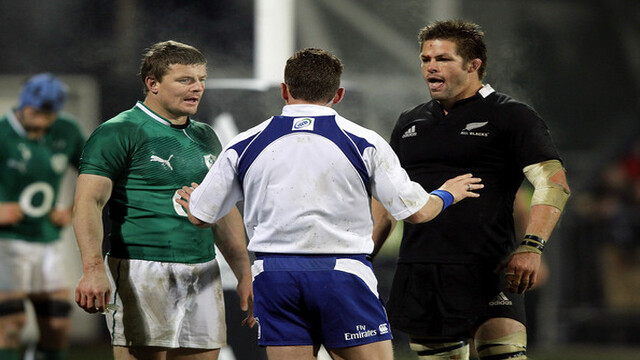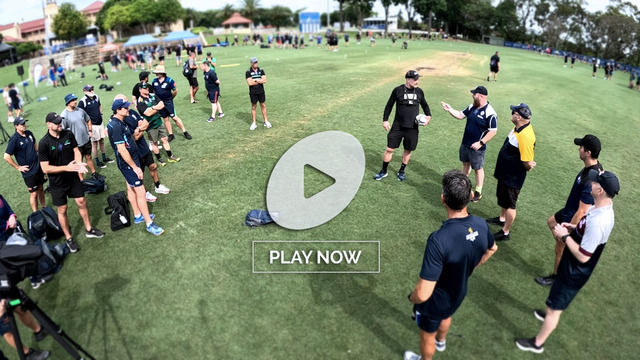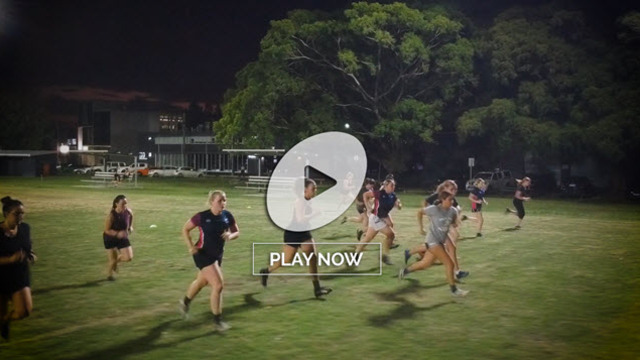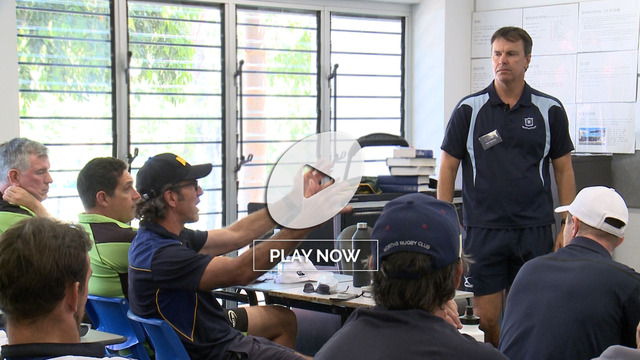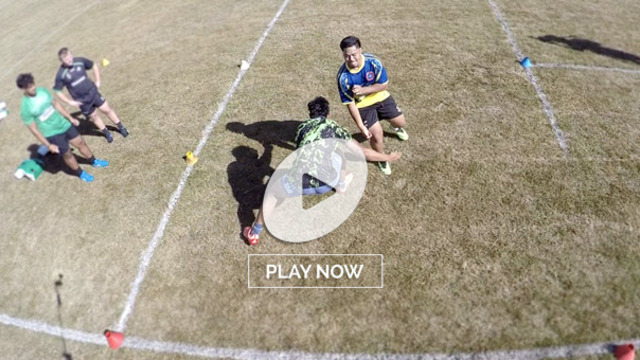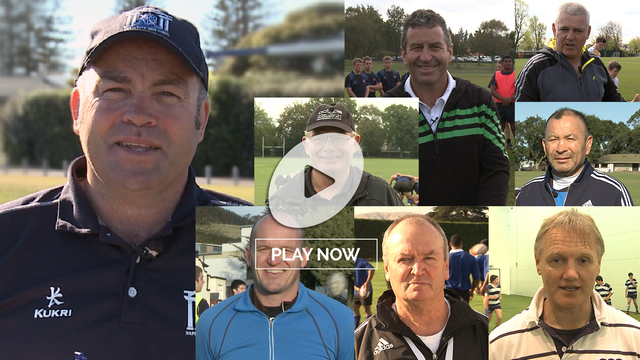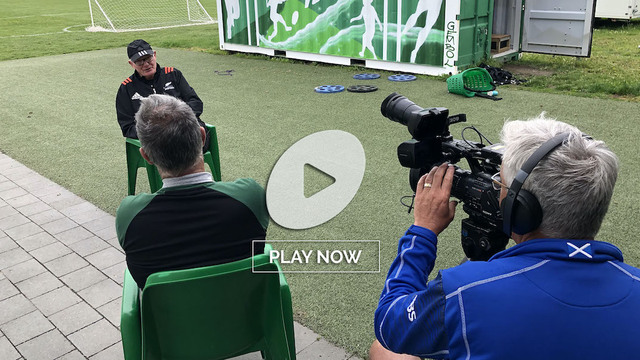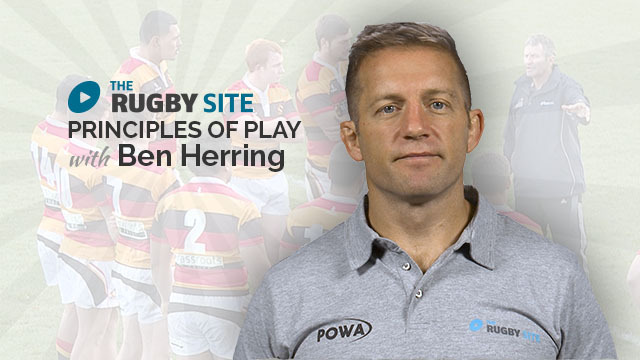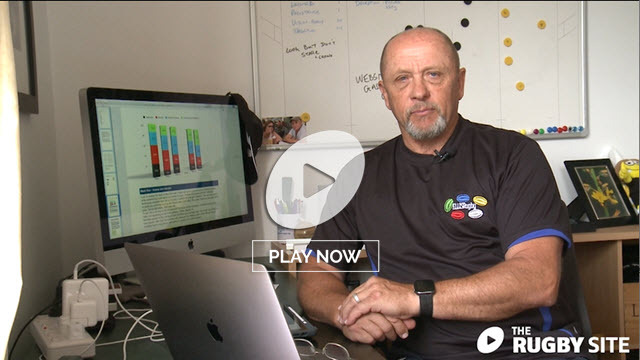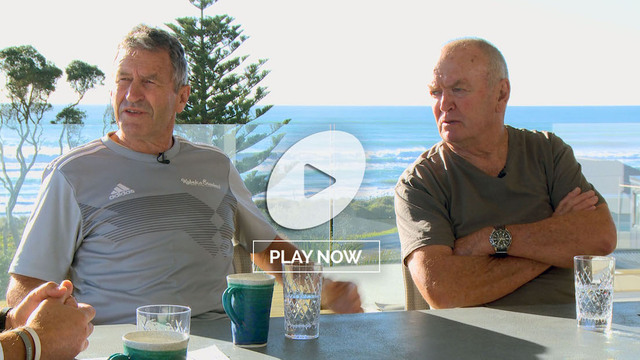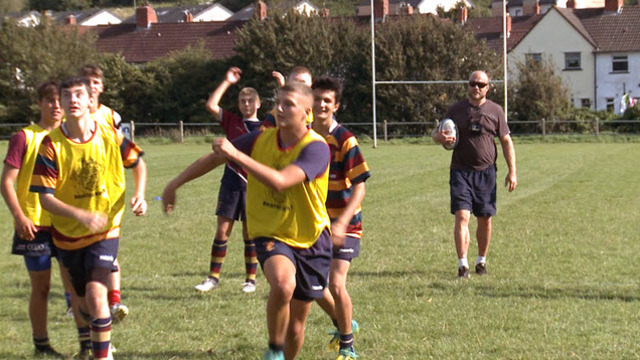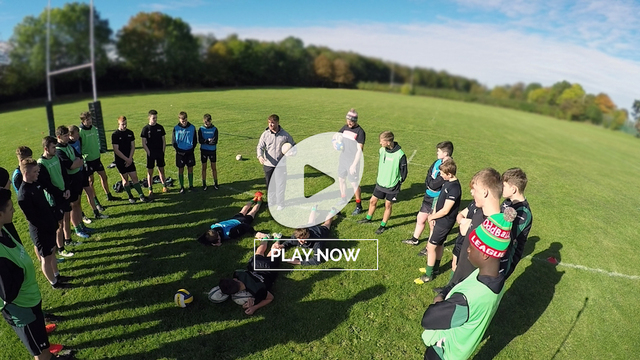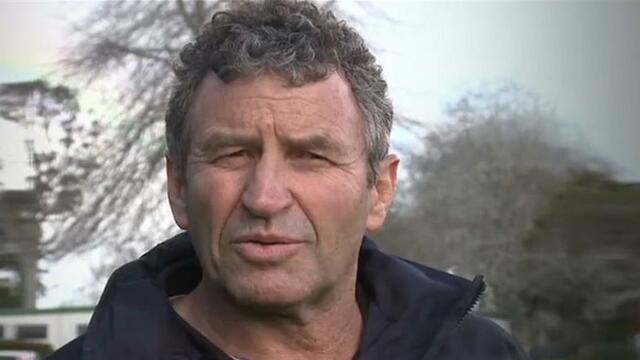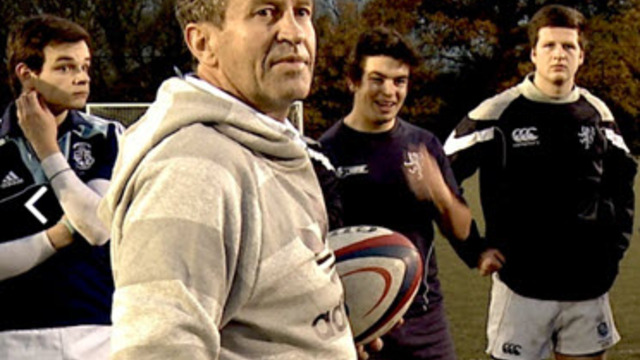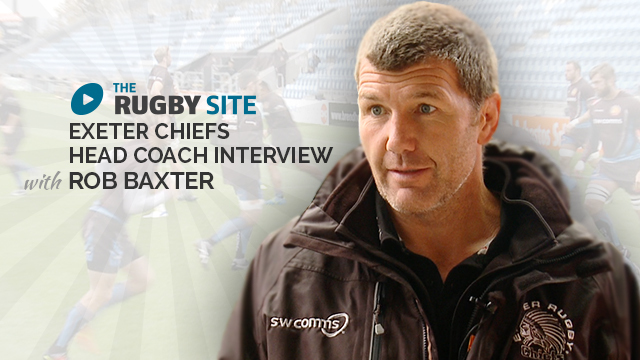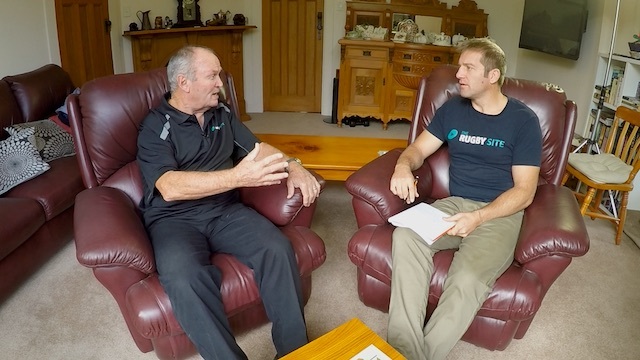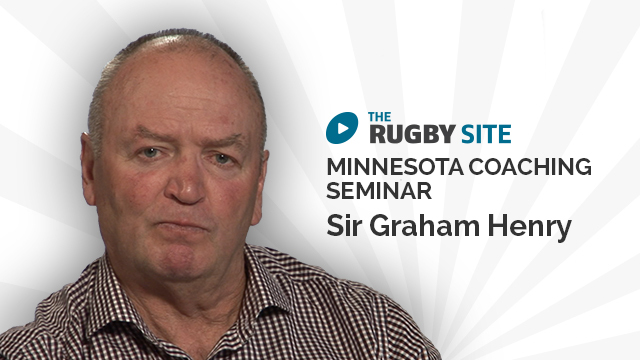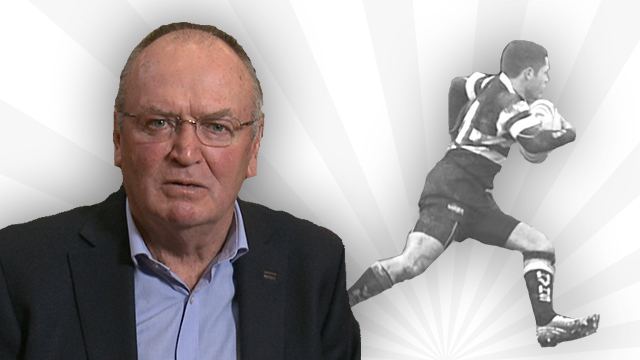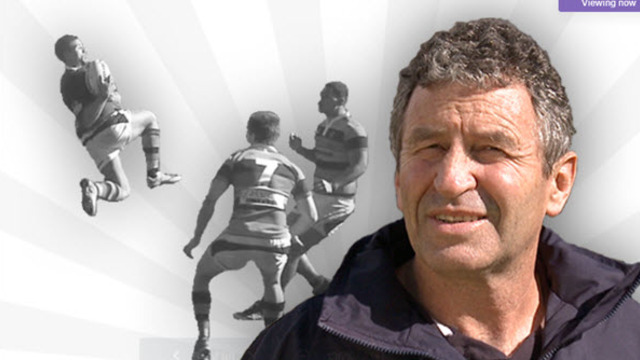New Zealand completed their whitewash of the Rugby Championship over the weekend with victory in the classic against South Africa. One notable aspect of the winning performance was the return of Richie McCaw to the All Blacks’ XV. The openside flanker missed much of the Rugby Championship, but was in the team at the crucial time. Apart from being the incredible player he is, what does McCaw bring as captain?
Watch Richie McCaw’s video coaching modules now
A captain’s key duty has understandably been seen as motivating and inspiring his teammates to produce their best form. But at professional level, should this really be needed? Should every contracted player not be personally responsible to, at the very least, be motivated, focused and prepared. Form comes and goes, mistakes happen, but mentally should it not be a minimum requirement that every professional player gives 100% effort every time they play.
The old tub-thumping team talk seems rather less relevant these days than the need to make accurate on field decisions. It is vital to ensure that teammates remain focused in each block of play and motivated throughout the entire 80 minutes. The state of the game, the condition of the opposition and your own team’s morale will all play into making the right decision at the right time. The confidence of the team’s place-kicker, the effectiveness of the set piece, position on the pitch, time on the clock, the scoreline and many other factors must be taken into account.
Check out our new pricing plans
In close games the captain’s relationship with the referee can be the difference between winning and losing. ‘Playing’ the referee in the right way is a genuinely psychological skill. Knowing when to be friendly, firm, aggressive, domineering, passive or even comical is no easy feat. Over-doing efforts to constantly communicate with the official may lead to him or her turning against the team, but under-doing it could be just as costly.
It’s a delicate balancing act, and all of it is underpinned by the fact that referees are not stupid. They are fully aware that both captains are attempting to gain favour and influence with them. At the same time, an intelligent, composed captain can make the referee’s job easier and it would only be human nature to subconsciously side with that individual. Overall, this ‘management’ of the referee is, perhaps, the essential element of being an excellent captain.
We often hear of ‘natural leaders,’ those men and women who are born to lead and be followed. But is this really the case? Without getting too deeply into the philosophical question of whether or not leadership is an innate ability, we can say with some certainty that it’s a quality that can be improved with practice.
Therein lies a difficulty of selecting a captain. If there is a young candidate for the role, a ‘natural leader’, do you throw him in at the deep end and give him the metaphorical armband as early as possible? Or do you allow him to learn under a more experienced candidate?
Peter O’Mahony at Munster has been and will continue to be an interesting case study. Even as a kid, the back row was being mentioned as a future captain of his province. By the time he was 17, already aided by years of underage leadership, O’Mahony exuded composure and had extremely demanding standards for his teammates and himself. Former Munster coach Tony McGahan selected him as captain for several PRO12 games at the age of 21. Then at just 23, the Cork man was named full-time captain of the province.
It will be fascinating to follow his development as a leader, and in particular, how he deals with referees. An important part of O’Mahony’s game has been a refusal to take any backward steps. He relishes the opportunity to square up to opponents and he is commonly to be seen in the middle of any pushing and shoving. That’s generally not regarded as typical behaviour for a captain though, and it will be intriguing to note if he wipes it from his game.
O’Mahony captained Ireland twice in June of this year, against the US and Canada. In the game against the Eagles, it appeared that the Munster man was struggling to build a relationship with the referee. An incident where he tangled with US scrumhalf Phil Mack possibly didn’t help. In contrast the American captain Todd Clever was clearly ‘playing’ the official in the right way.
O’Mahony will only get better at dealing with that kind of situation as he gains more top-level experience, but it is hard to think that he won’t be one of the best leaders in the Northern Hemisphere within the next three years.
As always, opinions are very welcome. What do you see as the key roles of captaincy? As a coach, what do you look for when selecting your leader? If you are a captain, is it a skill you work on and does it affect your own game? If there are any referees reading, what exactly are you looking for from the captains? What approach works best? Please post any comments below…
